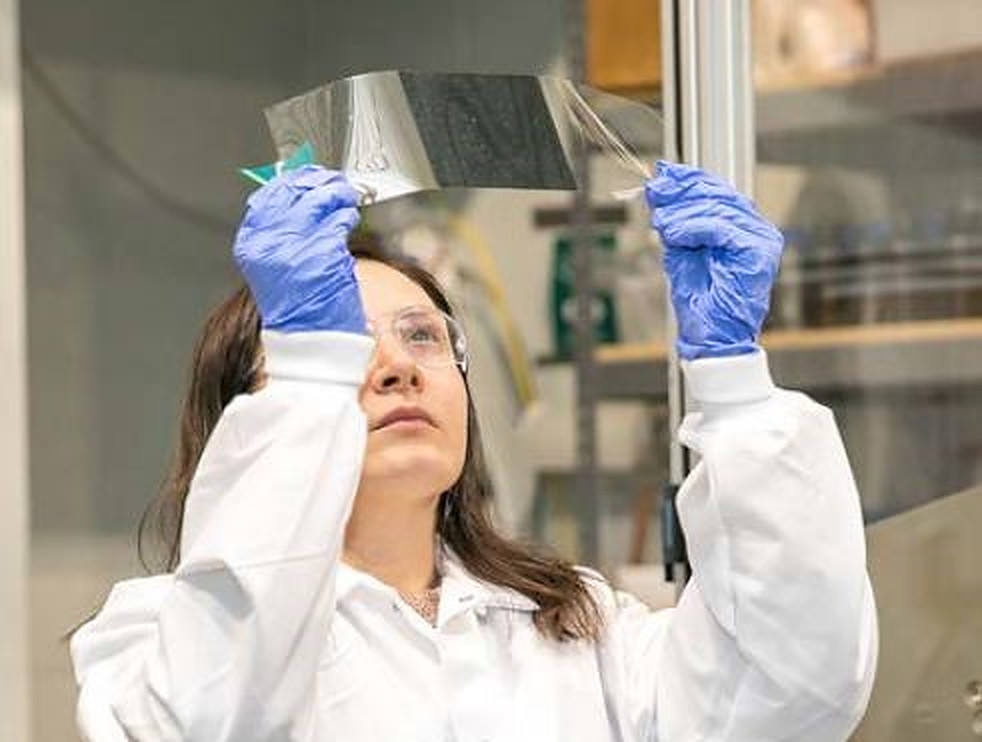Thin-film perovskite solar cells made with carbon electrode back contacts, instead of metal ones, provide the opportunity to use low-temperature cell processes, with fewer steps, while ensuring stability. However, the advantages have always come at the cost of power conversion efficiency – until very recently.
“This year carbon electrode-based devices broke the psychological barrier of 20%, efficiency with several teams in several different locations announcing they had crossed the threshold,” Lukas Wagner, a researcher at Philipps-University Marburg, told pv magazine.
Researchers have made significant advancements in carbon electrode perovskite solar cells (c-PSC). In February, devices with 21.2% power conversion efficiency, as well as 19.6%-efficient mini-modules with stability above 4,390 hours, were reported in Nature Energy.
In June, the US National Renewable Energy Laboratory (NREL) published a paper showcasing a c-PSC with 21.0% efficiency in ACS Energy Letters. Chinese researchers, meanwhile, reported a c-PSC with 20.8% efficiency, while another team developed an indoor c-PSC with an efficiency exceeding 30%.
Some experts see carbon electrodes as a promising avenue for the commercialization of low-cost, stable perovskite solar modules, as noted in the journal Electronics in February.
Popular content
With stability and efficiency on an upwards trajectory, there are now enough c-PSC companies and research teams exploring the technology to merit a conference – the First International Conference on Carbon Electrode-based Perovskite Solar Cells. It has attracted 34 speakers and more than 220 participants to participate in October, according to Wagner.
The ability to print the all or most of the cell stack is also a big part of the appeal of carbon electrodes.
“The cell stacks can be printed which eases upscaling and process with low capital expenditure,” said Wagner.
The event will feature speakers from various research groups and perovskite startup companies, including Switzerland-based materials firm Solaronix, Polish indoor/outdoor perovskite solar cell manufacturer Saule Technologies, Canadian thin-film startup Rayleigh Solar Tech, and perovskite materials specialist Greatcell Solar Italia.
This content is protected by copyright and may not be reused. If you want to cooperate with us and would like to reuse some of our content, please contact: editors@pv-magazine.com.


Hi
I need to know more abut
Carbon electrode perovskite solar cells